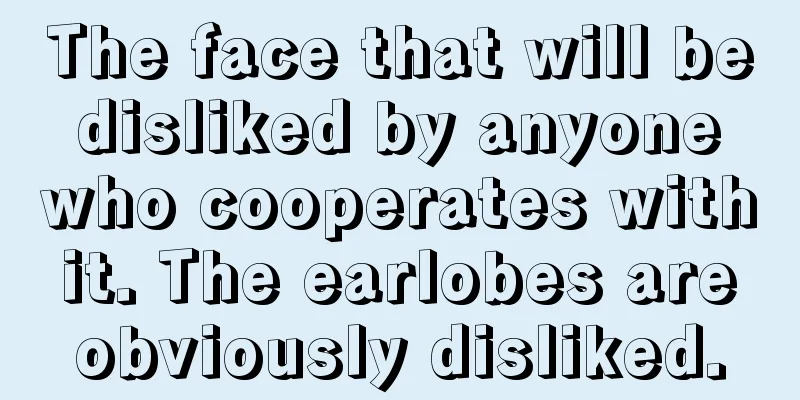Counterfeit Bitcoin wallets frequently appear in Apple's App Store, stealing $20,000 from users. Is it the fault of open source?

|
According to an internal report from Apple, a large number of well-known Bitcoin wallet knockoffs have appeared in its App Store. Some of these knockoff wallets are exactly the same as the original ones and are mainly used to steal users' Bitcoins. Before Apple completely removed these apps, users had lost nearly $20,000. The fact that these fake apps can be developed and spread so easily makes people question whether the free and open source nature of Bitcoin is a good thing or a bad thing. Most Bitcoin wallets are open source, which means that anyone can verify and maintain them. But from another perspective, scammers can easily obtain software information and illegally steal funds with just a few modifications. Bitcoin wallet Jaxx, Ethereum, and Dash have all realized this and made some changes. For example, on the Jaxx website, all codes are public, but read-only. Anyone has the right to check the code, but cannot copy and use it, or simply copy and paste the code. Jaxx CEO Anthony Di Iorio explained to Bitcoin Magazine:
One of the victims of the copycat wallet incident is GreenAddress. GreenAddress has always been completely open source, which means that its code can be directly copied and used. However, GreenAddress developer Lawrence Nahum still supports the free and open source software (FOSS) model as always.
However, Di Iorio doesn't think that setting permissions on code necessarily means giving up scrutiny or security.
Apple removed these copycat wallets after receiving complaints from the Bitcoin community. The actions of the Bitcoin community and Apple’s official review system prevented the long-term harm caused by copycat wallets in a timely manner. But Nahum doesn't think this solution is a long-term solution.
Nahum said that as of now, there is no perfect solution. Users can only pay attention to potential pirated software and take corresponding measures.
|
<<: Barclays Africa Bank joins R3 blockchain consortium
>>: Blockchain startup Gem appoints new chief business officer
Recommend
How to judge triangular eyes? Triangular eyes face analysis
It is said that eyes are the windows to the soul,...
Bitcoin breaks through resistance, bulls continue to exert force
Author | Hashipi Analysis Team...
What does a mole on the back of the hand mean?
What is a mole? I believe some people know what a...
What are the facial features of having good fortune in life?
Having good fortune in life is a happy thing for ...
Is it good to have one eye bigger than the other? How to analyze your fortune through your eyes
Generally speaking, if one eye is larger than the...
How to tell fortune from eyebrows when a woman's eyebrows are longer than her eyes
People's eyes and eyebrows are very important...
Bitwise: What will happen to the market after the recent market correction?
In July 2024, I wrote an investment memo titled &...
Bloomberg 13 Asks BTC: Is It Better Gold or Another Bubble?
Original article by Olga Kharif and Edward Robins...
What about men with sparse eyebrows?
Eyebrows are also a relatively prominent feature i...
The idealistic developer’s dilemma: Who will help Grin?
Grin is a very popular project in the US crypto V...
Is it good for women to have moles on their earlobes? What do moles in different locations mean?
Everyone has moles on their body. Moles distribut...
Entrepreneurs and academics expect digital currency development to break through security bottlenecks
If Bitcoin doesn't always "shoot itself ...
Analysis of the facial features of women who are not short of money
As one of the traditional physiognomy techniques, ...
A woman who looks good but has a troubled relationship, see if this is you
If you meet someone good-looking in life, I belie...
Analysis of the facial features of women with a happy life
As one of the traditional physiognomy techniques, ...









